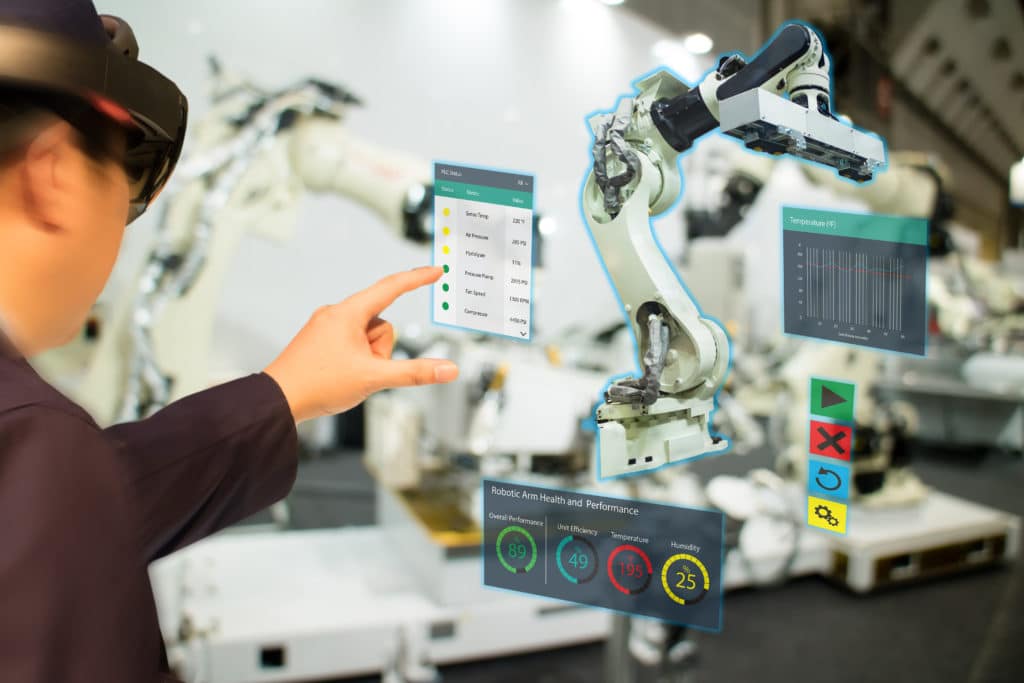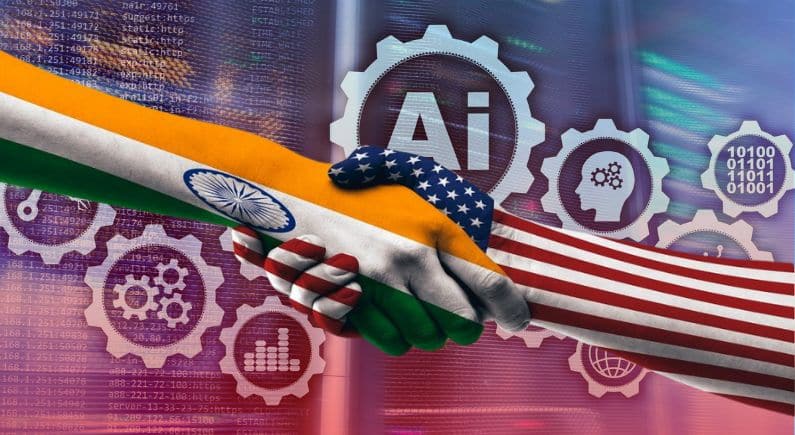[WATCH] The future of Play-to-Earn, Metaverses and more with Evan Singh Luthra at AIBC 2021
![[WATCH] The future of Play-to-Earn, Metaverses and more with Evan Singh Luthra at AIBC 2021](https://aibc.world/wp-content/uploads/2022/01/Technology-of-tomo-banner.jpg)
A natural tech prodigy, Luthra was amongst the first hundred app developers on the original iPhone when he was only 13 years old. Building 30 apps before selling his first venture at the age of 17 for millions, this initial windfall was reinvested into the tech-space until he came across Bitcoin for the first time in 2014
This fascination would reach its zenith in 2017 with Luthra becoming a full-time investor and entrepreneur in the crypto-space. With this vantage point, Luthra shared his vision of the path the modern digital revolution was taking and how this could come to revolutionize the world of work, play and beyond. One of the disruptive technologies that Luthra put the most emphasis on was the Metaverse. According to Luthra, the Metaverse will be a crucial pillar for the future of socialization as a whole.
Using Facebook (now Meta) as an example, he drew attention to the fact that the firm owned two of the most downloaded apps of all time; Instagram and WhatsApp. This highlights the fact that Meta’s business plan is fundamentally built on the business of attention. Through digital ads, Meta’s social media networks are incentivized to hold your attention for as long as possible. Therefore, Luthra argued that by seeing where Meta is laying the foundation for the future, one could see where our attention will be directed to in the future.
Comparing the digital revolution to the technological singularity, he argues that the Metaverse should not be perceived as a virtual space but rather a moment in time. While the technological singularity is believed to come to pass when artificial intelligence surpasses human intelligence, initiating a chain-reaction that disrupts life as we know it, the Metaverse should be seen as a moment in time when our digital lives become more important than our virtual lives. Luthra argues that this would not happen overnight but would rather be a gradual process until a tipping point is reached.
He stated that we could already begin to see this nascent shift today.
Every important part of our life is going digital. Work is going from factories to laptops, meetings from boardrooms to zoom, neighbors to followers. You meet like-minded people today on Twitter and Tinder and more kids play Fortnite than basketball and football combined.
Luthra also noted that we were beginning to see an evolution in the way we show status because of the digital revolution and the emerging Metaverse.
What matters more? How you look in real life or how you look on Instagram? Everything goes digital; your job, your friends, your identity and now, with crypto, your assets are also online. Bored Apes are the new Rolex. Fortnite skins are the new skinny jeans. If everyone hangs out online all the time, then your flex must also be digital.

In the next 10 to 20 years, we may see a cross into the Metaverse as more and more aspects of daily human life and society are digitized.
Attention used to be 99% on physical life. When TV’s came around, that dropped our attention down to 80%. Then computers came in and that again dropped down to 60%. With phones, we’re currently spending 50% of our attention on a digital screen and where attention goes, our energy flows.
While some may see this oncoming shift as inherently daunting, Luthra stated that all change can be frightening when those outside of the space are unsure what to make of such a disruption. As the metaverse becomes a more and more normalized aspect of our daily existence, we may begin to see the term itself drop out of favour.
The metaverse is like the end of the 1990’s, when people used to call the internet the information superhighway or the cyberspace. It’s going to become a normal part of our lives.
Finally, Luthra pointed to a very important aspect of the emerging metaverse, the implications it had for developing markets in the Third World. Having traveled across 60 countries, he noted that India had a population that was in the nascent stages of digitalization with 600 million people getting access to the internet for the first time in 2017, a number equivalent to the entire population of mainland Europe and twice that of Korea.
The average wage of this burgeoning population was 300 dollars monthly. This has led to the phenomenon where, rather than first getting used to computers before jumping onto smartphones, the populations of the developing world are “leapfrogging” from one technological framework to the next. This is having interesting implications in the gaming sector as thousands of people in countries such as the Philippines are making more money through games such as Axie Infinite then they were through actual jobs. This is due to the fact that people in Western countries want to buy skins that gamers in Developing nations acquired through play-to-earn systems.
Luthra finished off by arguing that this incoming disruption is something that we should be glad for, not worried about. As future generations get more and more acquainted with Blockchain, Decentralized Finance and the Metaverse, they may have more opportunities then we could even imagine.
To see more enlightening panels on the latest in emerging technology from AIBC Europe 2021, follow this link.
AIBC returns to the United Arab Emirates:
Drawing the leading figures of the emerging tech world to the Middle Eastern metropoles for cutting edge technology, the 2022 AIBC UAE expo plans to unite the policy-makers, developers, C-suite executives, and legal experts of the burgeoning AI and Blockchain sectors. Through three days of educational panels, inspiring keynote speeches, workshops, and networking events, the expo seeks to create the foundation that the Industrial Revolution 4.0 can be built upon. Join us from the 20th to 23rd March 2022, in UAE.






